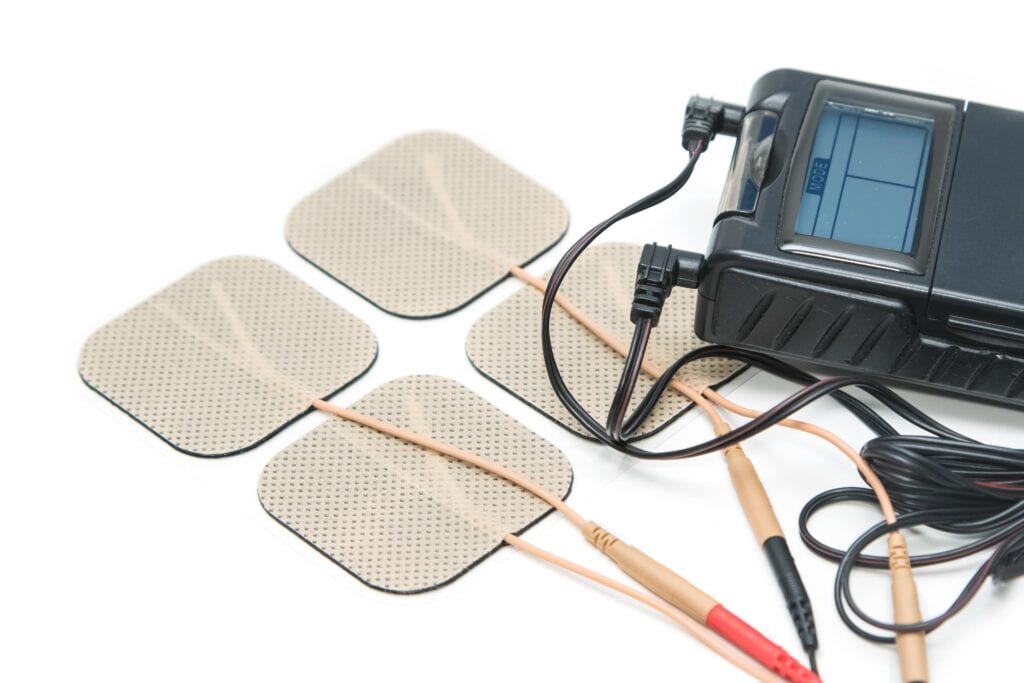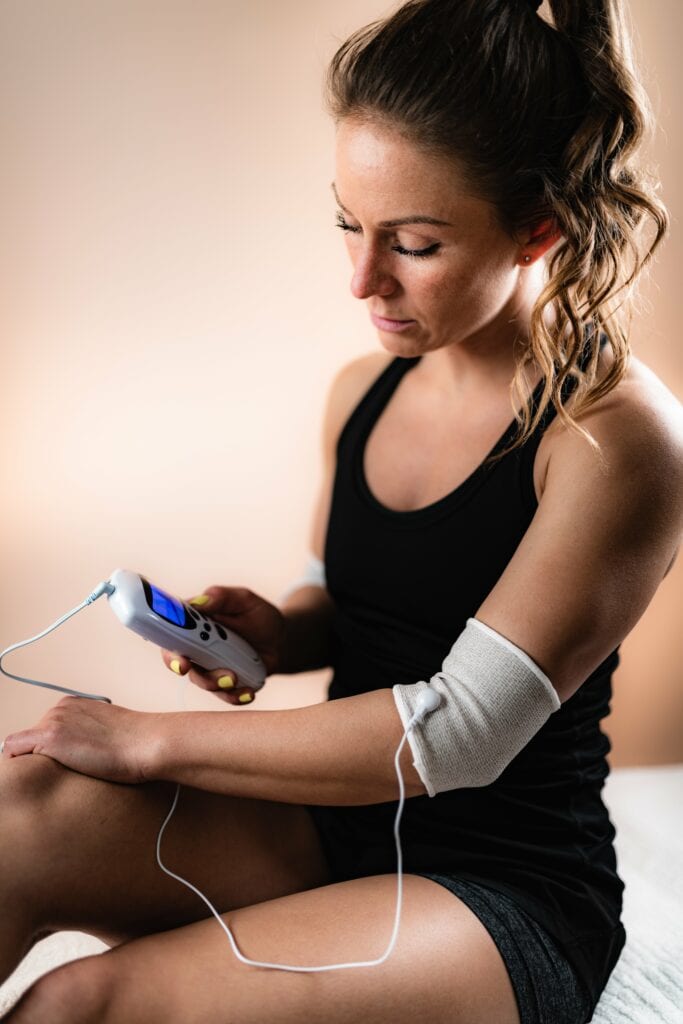How much do you know about transcutaneous electrical nerve stimulation (TENS)? If you suffer from nerve disorders such as carpal tunnel syndrome, peripheral neuropathy, or ulnar neuropathy, then you may want to consider trying TENS therapy to manage your symptoms. Therefore, here are 10 facts about TENS to familiarize you with this nerve disorder therapy:

#1 What it Is
TENS stands for transcutaneous electrical nerve stimulation, which means that it delivers low electrical impulses through a person’s skin. These impulses are used to reduce or block the transmission of pain signals to the brain or spinal cord. In short, this battery-operated device uses electrical impulses to decrease pain associated with nerve disorders.
#2 How it Works
TENS works in two different ways. For starters, it uses electrical impulses to block pain signals from reaching the brain. As long as the brain does not receive pain signals, it won’t cause you to experience pain. TENS also works by increasing the body’s production of endorphins, which are natural painkillers. The combination of both these effects is what makes TENS so effective.
#3 Who it Can Help
TENS therapy can be used to treat pain from arthritis, multiple sclerosis, spinal cord injuries, and neuropathy. It is considered to be a safe treatment for most people, however there are a few exceptions. People with epilepsy, heart problems, pacemakers or other electrical implants, and pregnant women are advised against using TENS, unless directed by a doctor.
#4 TENS is Non-Invasive
One main benefit of TENS therapy is that it is non-invasive, since every part of the device is external. Additionally using TENS to manage pain levels often means that patients end up using less pain medications. Unlike some prescription pain medications, TENS is not addictive, nor does it cause adverse side effects.
#5 TENS is Portable

TENS is also portable, convenient, and easy to use, which allows people to manage their pain whenever and wherever they experience it. The TENS unit itself is small and can easily clip onto a belt or fit in one’s pocket or purse. Since you can take the unit with you, there is no need to make appointments with your doctor to get pain relief treatment.
#6 How Long Pain Relief Lasts
How long pain relief lasts usually depends on the individual. For some people, pain relief only occurs when the device is active. For others, however, pain levels may be reduced for up to 24 hours after using the device. In some cases, it has also been found that repeated TENS treatments can increase how long pain relief lasts.
#7 Potential Side Effects
Like most medical treatments, TENS does have some possible side effects. However, these side effects are rare and mild. The most common side effect associated with TENS therapy is an allergy to the adhesive pads used to attach the electrodes to the skin. In these cases, hypoallergenic pads can be used to relieve skin irritation.
#8 TENS Doesn’t Hurt
During TENS therapy, you should not feel any pain. Once the unit has been turned on, you can expect to feel tapping, tingling, and possible muscle contractions. If these sensations are uncomfortable, then you may need to turn the unit down. If these sensations are weak or non-existent, then you may need to turn the unit up.
#9 How Long to Use TENS
In order to manage your pain with TENS therapy, it is recommended to use the device for 15 minute sessions. However, your doctor may provide you with specific instructions to follow when using your TENS unit.
#10 You Can Adjust TENS
Each TENS unit allows you to control aspects of the electrical current such as the intensity, frequency, and duration. A dial allows you to decrease or increase the intensity of the electrical pulse, as well as the frequency of pulses and how long each pulse lasts. Adjusting the frequency can also be used to treat different types of pain. For example, high frequency pulses (80-120 cycles per second) can help treat acute pain, while low frequency pulses (1-20 cycles per second) can help treat chronic pain. Your doctor will help you calibrate your device so that it works for you, although you will be able to make adjustments as needed.

Dr. Kashouty, a diplomate of the American Board of Psychiatry and Neurology (ABPN), practices general neurology with fellowship trained specialization in clinical neurophysiology. Dr. Kashouty finds the form and function of the nerves and muscles the most interesting part of neurology, which is what led him to specialize in neurophysiology with more emphasis on neuromuscular conditions. He treats all neurological diseases, but his main focus is to treat and manage headaches, movement disorders and neuromuscular diseases.





